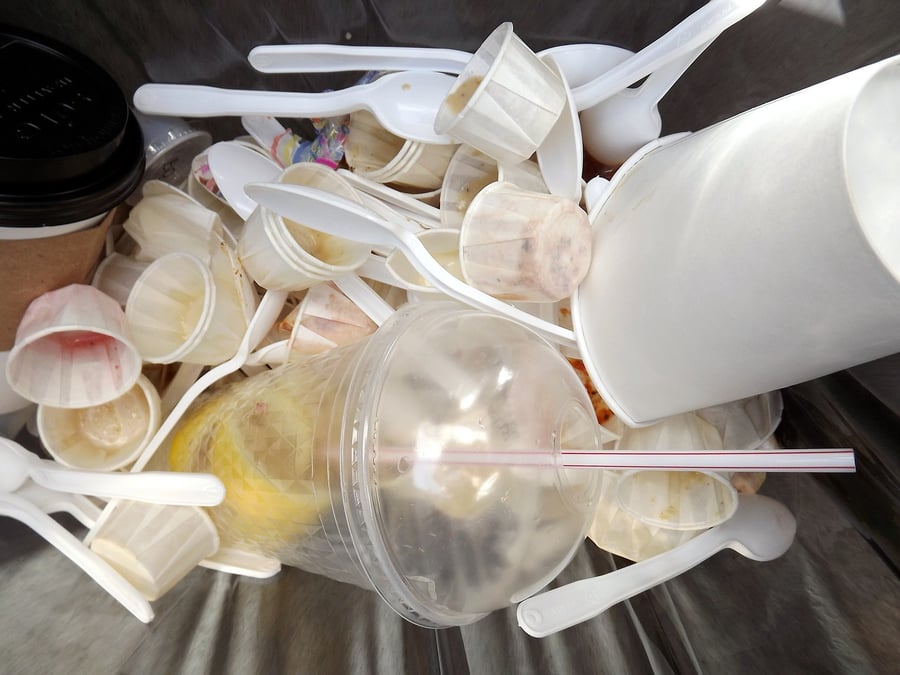In our podcast series “Beyond the Data / Voorbij de Data” we host inspiring guests who are telling us how data - and the innovative insights that come from it - provide speed, efficiency and direction. Conversation partners come from different sectors. Some are still discovering data, others are seasoned users and are already glancing into the near future.
Please note that the podcast series “Beyond the Data / Voorbij de Data” is in Dutch. In this article, you will find the outline of the conversation with Joris Beckers.
In 2005, an adventure no one could have predicted began when six friends launched a festival: Tomorrowland. It would rapidly grow into one of the largest and best-known dance festivals in the world in the years that followed. Today, the festival is known for its spectacular stages, impressive light shows and lineup of top DJs from the electronic music world. Every year, it attracts hundreds of thousands of visitors from all over the world not only at the Schorre, in Boom, but also at other locations around the world.
"We have always worked hard to build an edge over our colleagues, who are also busy with festivals and events. And then, it's nice to see that from a small club, we've still established a brand that rings a bell with some people in certain parts of the world," Joris Beckers, one of the co-founders, remains modest about it.
The best festival in the world
In 2012, Tomorrowland was voted the best festival in the world for the first time. It would, by no means, be the last time. Despite all the praise and success, Beckers, as a visionary, remained critical of the concept.
"I wondered what then made us the best festival in the world. Is it because you give visitors complete freedom for three days? Or is it because we are engaging with the neighbourhood and nature movements to find solutions to the temporary nuisance? Does it factor in, if we make sure it remains liveable for people, animals and nature? I did think about that."
"We have a social responsibility. We have an impact on the social and family life of that community that is there. With in the back of my mind also the knowledge that one person can shut down or even completely destroy a beautiful project through our legal system. Think of Uplace or the Essers Forest. So, it is part of good entrepreneurship to take responsibility. You don't do that by walking away, but by engaging in conversation with all parties involved."

